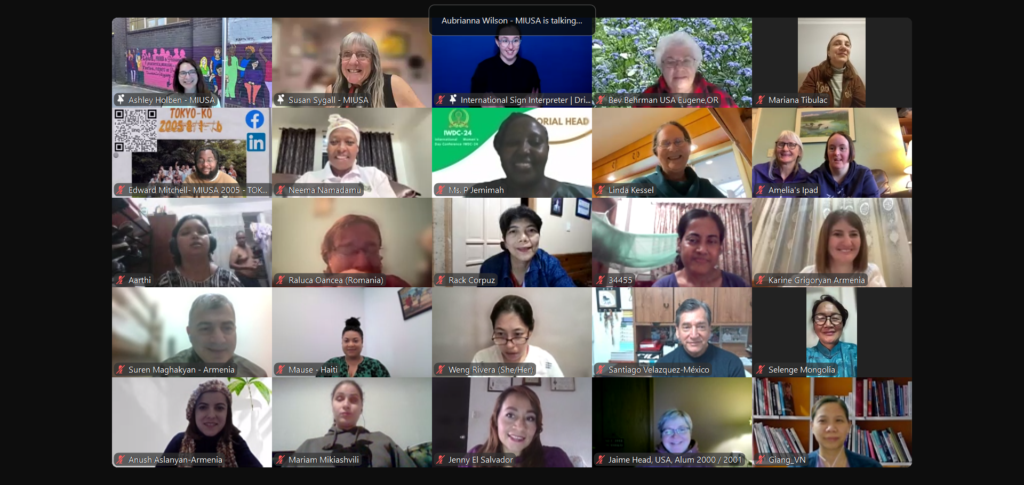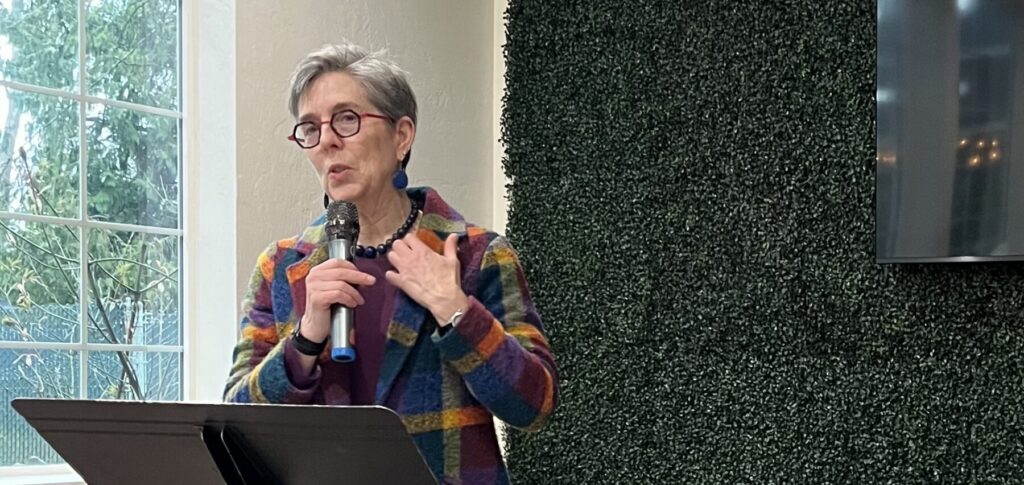International exchange is one of those experiences that can have high stakes for someone with a disability.
A disabled exchange participant might invest so much energy convincing others that nothing bad will happen if they go abroad, that it stings that much worse if an accident does occur. Worse still, even a minor incident might result in a program to question the participant’s abilities or to project doubts on future participants with disabilities.
Just like it’s not okay to lower expectations for someone based on their disability, it’s also not fair to demand perfection.
Because what if it’s okay to get hurt? Or to take time to recover? To go home early? To postpone the trip entirely? After all, students without disabilities are permitted to do so. And besides, might something still be gained in the process?
Read about four resilient people with apparent and non-apparent disabilities who do not have the traditional “study abroad success story” but who instead re-define what it means to be successful on their own terms.
As a blind person, Kaiti embarked on her service learning trip to the Caribbean feeling like she had to prove herself infallible. So when she literally fell during her program, she felt more self-conscious than ever that others were watching closely, fearful that she might get seriously injured. As time went on, she had a realization: “Other students also sustained injuries, and I have as much of a right to fall as they do. The important thing was that I got up and carried on, as I always do when something goes amiss.” Read The Right to Fall.
After an injury a few weeks into her otherwise blissful study abroad in Germany, Brooklyn made the decision to return to the United States. “I learned the hard lesson that life doesn’t revolve around your plans.” Although disappointed that she didn’t get to complete her program, Brooklyn didn’t feel sorry for herself. Instead, she set to work figuring out how she would return someday and found ways to have cultural exchange experiences in the meantime. “I do not look at this as a loss, for I have gained so much more through this experience, and I will never forget the blessings it has brought me.” Read A German Lesson.
Accepting help doesn’t mean that you’re somehow lacking. On the contrary, it’s an act of self-determination. Mayuko, an international student from Japan, learned this after acquiring a traumatic brain injury partway through her studies at a U.S. university. She gained support through Disability Services Office staff, student organizations, and art therapy, prioritizing her well-being over perfectionism. “Your life process is like a turtle, not a panther; as long as you are healthy, have your own goals, and keep going forward, it’s all good.” Read Succeeding at Your Own Pace.
When Courtney, who has non-verbal learning disabilities, concluded that she was not yet ready to live in Russia independently, she had to resist the urge to compare herself to others with disabilities who had “successfully” studied abroad. Instead, she focused on what she would need to feel prepared and supported for future travels and found other ways to grow globally while at home until that time comes. Read “What if I’m Not Yet Ready?”
Related External Links:
Sign up for our E-News






Manage Your Privacy